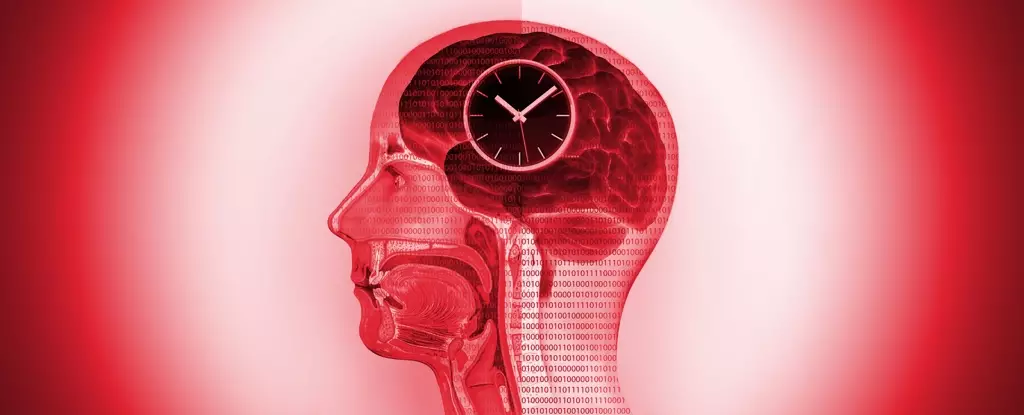Obesity has emerged as one of the most pressing health crises across the globe, affecting over one billion people and escalating the risk of chronic diseases such as diabetes, cardiovascular issues, and various forms of cancer. The urgency to confront this epidemic has spurred innovative research endeavors aimed at understanding weight management more comprehensively. One such promising avenue is the exploration of intermittent calorie restriction (ICR), a dietary approach that has recently garnered attention for its potential to facilitate significant weight loss while simultaneously reshaping the intricate relationship between the gut microbiome and brain function.
Understanding Intermittent Calorie Restriction
Intermittent calorie restriction encompasses an eating pattern where individuals alternate between periods of reduced calorie consumption and normal eating states. Recent studies, especially one conducted by researchers from China, have demonstrated promising results in weight loss and physiological transformation among participants following an ICR plan over just 62 days. More remarkably, these scientists uncovered that weight loss through this method doesn’t merely occur at the surface level; it triggers profound alterations within the gut and brain, thus influencing metabolic health and potentially paving the way for future obesity treatments.
Evidence from Groundbreaking Research
In a carefully curated experiment involving 25 obese volunteers, participants experienced an average weight reduction of 7.6 kilograms (16.8 pounds) after their ICR regimen. However, the true significance of this research lies beyond mere numbers on a scale. By employing advanced imaging techniques like functional magnetic resonance imaging (fMRI), researchers observed alterations in the activity of specific brain regions responsible for regulating appetite and cravings. Notable changes were detected in areas such as the inferior frontal orbital gyrus, marking a crucial intersection between neural function and dietary behavior.
These findings are groundbreaking as they hint at a complex communication pathway between the gut and the brain. Researchers have noted that alterations in gut microbiota, as analyzed through both stool and blood samples, appear intrinsically linked to brain function. Specific bacterial strains like Coprococcus and Eubacterium hallii presented negative associations with brain activity related to executive function, particularly willpower and impulse control over food consumption. This dynamic underscores the multifaceted nature of obesity, allowing us to conceptualize it as more than a simple energy balance issue.
The Gut-Brain Axis: An Intricate Connection
At the heart of these findings lies the gut-brain axis, a two-way communication system that integrates gut microbiota with neurological processes. This revelatory insight positions the gut microbiome as a vital player in understanding appetite regulation and behavioral responses related to food. The microbiome doesn’t only respond to dietary inputs; it actively produces neurotransmitters and neurotoxins that can access the brain via the bloodstream and nerve pathways, ultimately affecting how we think and feel about food.
Considering the brain’s powerful role in controlling eating behavior, it becomes crucial to delve deeper into the mechanisms behind these interactions. For instance, if certain bacterial populations can modulate brain processes related to hunger and satisfaction, could targeting these populations through dietary interventions lead to more effective weight management strategies? The fertile ground for future exploration is evident, and it offers hope to anyone struggling with obesity.
The Road Ahead: Exploring Potential Therapeutic Avenues
The implications of these findings extend well beyond the lab. If we can decipher how the gut microbiome and the brain communicate, we might discover new methods to prevent and treat obesity more effectively. Researchers now stand at the precipice of a promising frontier where dietary adjustments could bring forth not only physiological changes but also cognitive transformations that empower individuals to take control of their eating habits.
The urgency behind this research cannot be understated: As the prevalence of obesity continues to rise, innovative solutions rooted in scientific inquiry will be necessary. Identifying the mechanisms of communication between our gut and brain would signal a paradigm shift in how we understand and approach weight management. Efforts to focus on the nuanced interplay between diet, gut health, and mental well-being will likely yield powerful insights, transforming treatment paradigms and fostering a healthier future for millions.


Leave a Reply